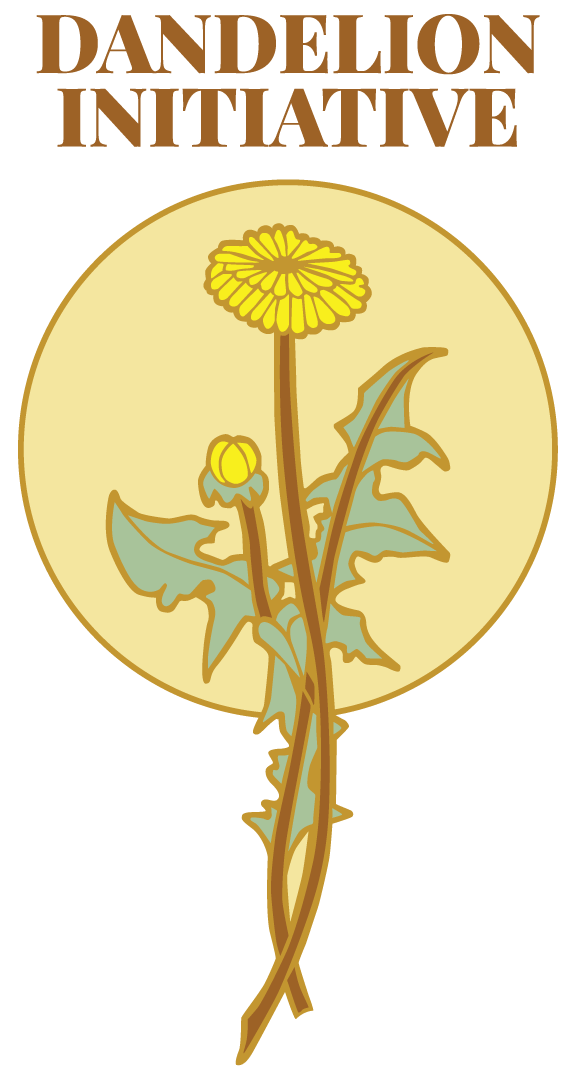Empowered Bystander Intervention: Activity 2
How do I talk to my friends or family about consent and sexual violence?
VERY IMPORTANT
An offering, not advice: there are situations that make it very unsafe for survivors or people to talk to their families, partners or loved ones about consent or violence. We do not encourage survivors or victims to do this. We encourage you to seek support.
Opportunity for learning:
This is an offering to those with the privilege and safety to have these hard conversations and use these tools.
Be aware of comments and behaviors from others that would indicate they were intent on having sex even if the partner was unwilling, speak up to why that isn’t consensual. Sometimes it can take one conversation with a friend to help prevent them from causing harm or violence.
Notice if someone is trying to engage with someone who is unable to consent (unconscious, intoxicated) intervene. Direct intervention, collective intervention. This means making sure the intoxicated person gets to a hospital or to their home safely.
Don’t joke about sexual assault; comments and jokes that are meant to “ease the tension” or are “just kidding around” can trivialize the severity of the behavior. It can signal to people that you are complicit and biased.
Know your level of comfort with conversations about sex and consent. You can do so much by engaging in evidence-based and mindful conversations with people you know.
Encourage the women/feminized people in your life to feel empowered to vocalize their needs, boundaries and dislikes within partnerships and when you are out socially. Believe them and offer them good survivor-centric responses.
If you notice you yourself have habits or behaviours that you need support with, remember this is not about judgment, but about education and changing our behaviour through learning and accountability.
Can you tell your friend that what they did was not consent but sexual assault or harassment?
Recommended Learning
Here is a great resource for calling in and calling out language.
Creative ways to engage with family and friends
Talking about consent, sexual violence and safety
Pick a movie, song, tv show, or other media that you feel is sexist or upholds rape culture or rape myths. Ask your friend, family, team to watch it/hear it/read it and then ask them these questions:
Did you see/hear anything that you felt was wrong?
Did you see anything that you felt was sexist?
What do you think consent can look or sound like?
Listen to a survivor's story and share it. There are so many publicly shared survivors’ stories, so many narratives and truths that we can hear and learn from. Do you have a video, story, book, share to offer friends or family?
Role model consent with the people in your life and tell them you are doing this. For example: “I am really committed to role modeling consent, it is something I profoundly believe in, you might notice my language or approaches change a bit. Please check in with me at any time if you feel like I am doing something that makes you uncomfortable or that you are curious about.”
How to call in and seek accountability from someone you know who has committed sexual harassment or gender-based violence
A short offering for active allies and empowered bystanders
VERY IMPORTANT
Please do not do this without support or a safety plan.
If you are a survivor, we do not recommend you do this with the person who harmed you even if your friends offer to be there. Please seek support from a service provider first. You can find phone numbers for support in our resource manual.
Check-in with yourself, is it safe to have this conversation alone or do you need support. We always, always recommend intervention or calling in gender-based violence or domestic violence as a group, or minimum 2 people.
Have a safety plan for yourself, what will you do if the conversation has turned unsafe.
If there is a survivor involved that you know, please make sure you check in with them to ASK FOR PERMISSION to have this conversation, you do not want to make a situation worse for the person living in violence.
Can you label the violent action(s) in real-time and the harm/abuse that it created? Be as specific as possible rather than sharing how you “feel” about what was done.
Gauge where the person is at and check in with them. If you feel it is safe to continue the dialogue, great, continue. Use your safety plan if the conversation does not go well.
Offer resolutions or set CLEAR and firm boundaries for accountability.
Offer resources, referrals, services, agencies, therapists, programs and supports.
If you are responsible to the public or to community, make sure you share your values as a group and your commitment to survivors with transparent information on processes and corrective action plans.
There are resolutions rooted in restorative justice and community accountability that may be an option at times to offer the person who committed sexual violence.
A letter labeling the action and harm, stating your values and asking them to refrain from attending events or sharing space.
A letter or discussion that outlines parameters of sharing space: setting clear boundaries to mitigate harm (this may be risky, anything other than zero tolerance is.)
A call-in to discuss the behaviour before a decision is made by the appropriate people.
A public statement acknowledging the harm created in the community and clear and concise statements of action that you are taking to make sure this doesn’t happen again. People want to know you are committed to doing better and taking accountability, rather than punishment.
Encourage the person to receive support and change their behaviour or actions.
Facilitate a community accountability session with a third party. Trained professionals or community elders and leaders should be leading these accountability sessions alongside you.

